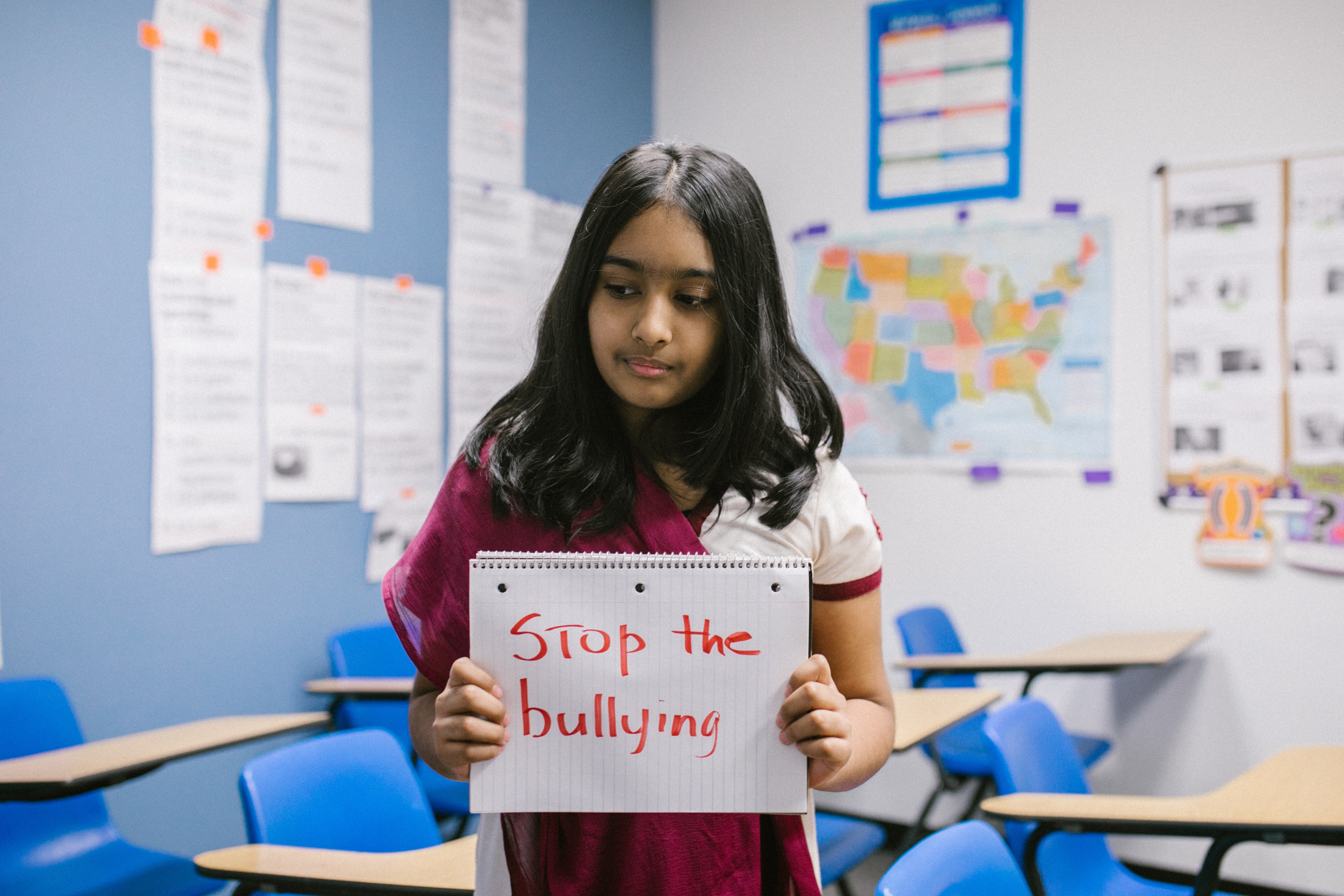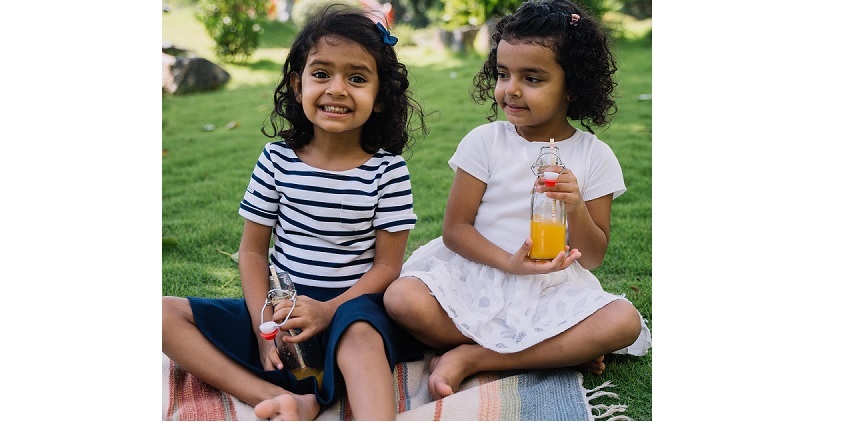Billablog

21
2023
21/04/2023 12:45 PM IST
About bullying and its impact
Bullying is a serious issue and a concerning trend in India. As per the survey,40% of students in India experience bullying. As many as 42% of students of Class 4 to 8 and 36% of Class 9 to 12 said they are subjected to harassment by peers on school campuses, as suggested by a five-year study conducted at 15 locations across the country. Bullying is a behavior that involves a repeated, intentional, and aggressive act towards someone who is perceived as weaker or vulnerable. Identifying bullying can be challenging, as it often takes place privately and can be difficult to detect. Some common traits associated with bullies are being aggressive, insecure, incompetent, and lacking coping skills. On the other hand, kids with low self-esteem, no good friendships, unusual physical persona, and antisocial behavior are often bullied and are perceived as weaker kids.
Types of Bullying
There are several types of bullying, each characterized by the methods used by the perpetrator to intimidate or harm the victim. Understanding the different types of bullying can help individuals recognize and address these behaviors to prevent further harm.
Here are some common types and signs of bullying to look out for; physical, verbal, emotional, social isolation, and cyberbullying. All these types of bullying have different yet grave effects on the minds of the kid getting bullied. With the increase in the use and popularity of the internet and social media, the number of cyberbullying cases has risen exponentially. To cater to the new victims, the government of India is launching various strict laws.
Effects of Bullying
Bullying can have severe consequences for the victim, including low self-esteem, anxiety, depression, and even physical harm. It can also impact their academic or work performance and relationships. Bullying can have short-term and long-term effects. Short-term effects include low self-esteem, poor social skills, loneliness, high stress, etc.
Long-term effects are far more escalated and severe. It imprints a lasting impression on the minds of the victim. It creates a void for love and compassion and often haunts them with childhood trauma and impaired thinking.
Efforts to prevent bullying.
Recognizing and addressing bullying behavior is essential to prevent it from escalating and causing further damage. Prevention and abolition of bullying are significant challenges. Parents, teachers, and students should come together to fight the bully. A strict anti-bullying policy must be implemented and executed in all schools as it will ensure a safe and thriving environment. Creating a committee with representatives from all three categories can work extensively and efficiently on school bullying. If you suspect that someone is being bullied, it is essential to talk to them and offer your support. Let them know that they are not alone and that there are people who can help. Please encourage them to speak to a trusted adult, such as a teacher, counselor, or parent, who can provide guidance and support. Empowering children can protect them from bullying.
The mindset of a Bully
As it is difficult to identify whether one is getting bullied, it is equally difficult to determine whether one is bullying others. Parents should talk with their children and try to understand why they are engaging in bullying behavior. It is essential to listen to the child without judgment and help them understand the impact of their actions on others. Parents should communicate to their children that bullying is unacceptable and will not be tolerated. They should also set clear consequences for continued bullying behavior. Parents should seek help from a school counselor or mental health professional to address any underlying issues contributing to the child's bullying behavior. Parents can also help their children develop empathy by encouraging them to think about how their actions affect others. They can model empathetic behavior themselves. Parents should monitor their child's behavior closely to ensure they are not bullying. They should also communicate regularly with their child's school to stay informed about bullying incidents.
Conclusion
Parents must act quickly when they discover their child is a bully. Parents can help their children develop more positive behaviors and attitudes toward others by addressing the situation early and providing support and guidance. To bring in a change, parents must focus on imbibing empathy, compassion, and a feeling of brotherhood among their children. It is imperative as a society to acknowledge and build empathy among young children to avoid unhealthy behavior. We must motivate and support young children to practice compassion and stand up against any bullying they witness or experience before it is too late.















